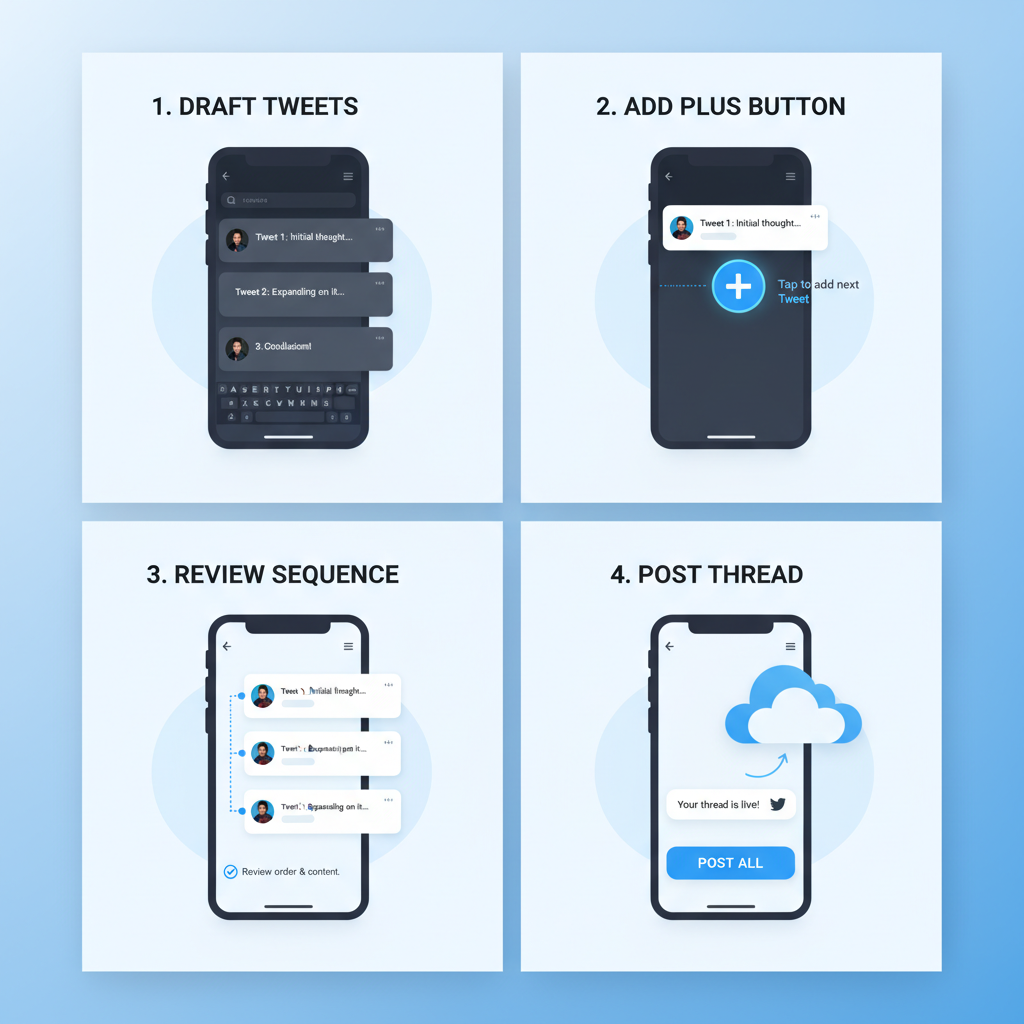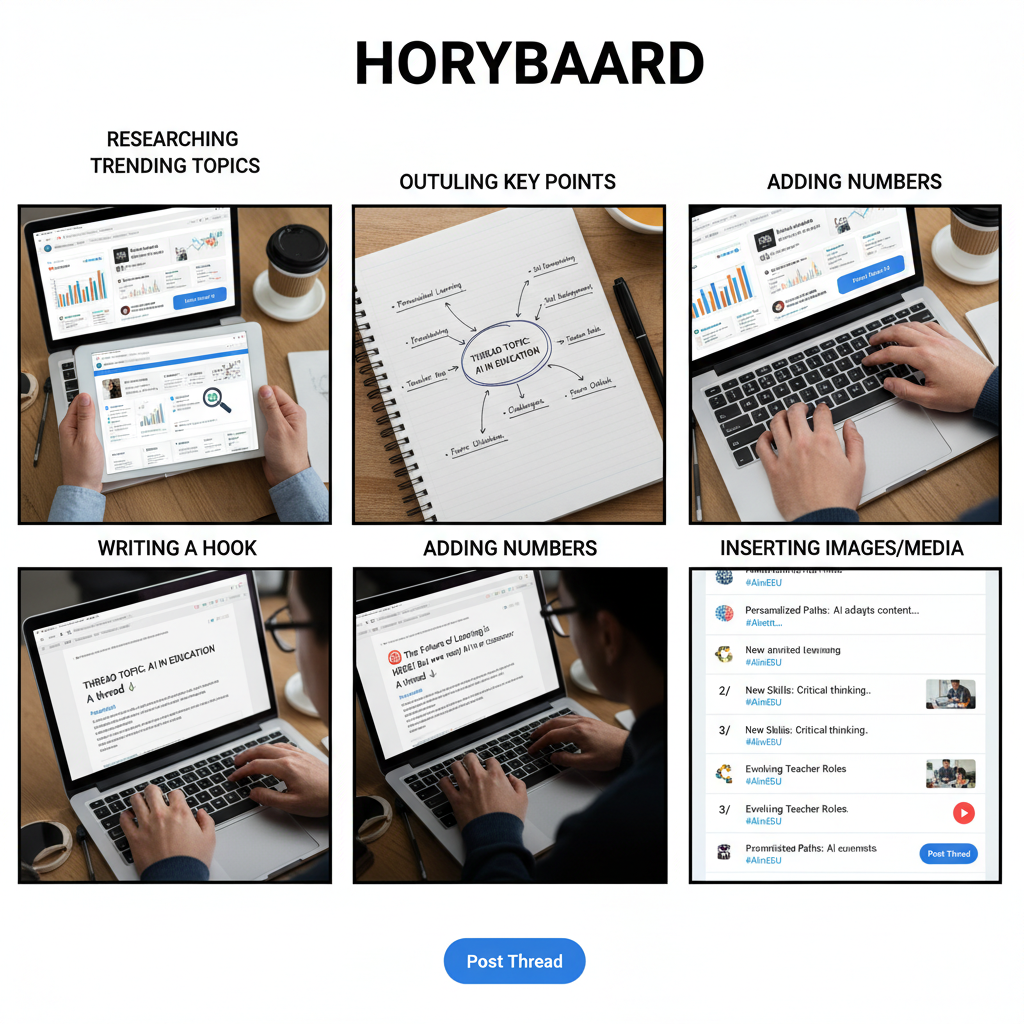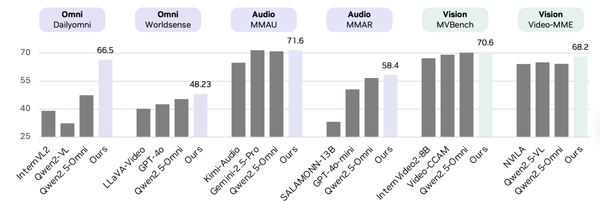How Do You Do a Thread on Twitter Step-by-Step Guide
Learn how to create engaging Twitter threads from topic selection to analytics, with tips for hooks, visuals, scheduling, and boosting engagement.

How Do You Do a Thread on Twitter: Step-by-Step Guide
Twitter threads are a highly effective way to share longer stories, break down complex topics, and create deeper engagement. In this guide, you’ll learn how to do a thread on Twitter strategically—from choosing a topic to measuring performance—so you can share captivating, well-structured threads that resonate with your audience.
---
Understanding What a Twitter Thread Is and Why It Matters
A Twitter thread is a series of connected tweets from a single user, often used for storytelling, explaining ideas, or providing updates. By replying to your own tweets in sequence, you bypass the 280-character limit and keep your audience engaged for longer.
Benefits of Using Twitter Threads:
- Share comprehensive information without losing readers.
- Improve engagement through serialized content.
- Establish authority by offering detailed insights.
- Hold attention longer than a single tweet can.

---
Research Trending Topics That Match Your Audience’s Interests
Choosing the right topic is critical for getting attention:
- Check Twitter Trends: Use the Explore tab for hashtags and hot topics in your niche.
- Analyze Audience Questions: Identify recurring queries from comments, polls, or DMs.
- Watch Industry News: Share timely insights and explain breaking developments.
💡 Pro Tip: Combine a trending subject with your unique expertise to maximize shares.
---
Plan Your Main Idea and Break It Into Digestible Points
After you’ve chosen your topic:
- Define a core takeaway that all tweets will support.
- Outline 3–10 key points—each should be able to stand alone but also connect logically.
- Arrange in a sequence for natural progression.

Think of a thread like mini-chapters: each tweet advances the story.
---
Write a Captivating Hook for the First Tweet
The opening tweet is make-or-break; it determines whether people read on.
Effective Hook Styles:
- Provocative Question: “Want to triple your tweet reach without ads?”
- Bold Statement: “From 0 to 50K followers in 6 months—here’s my framework.”
- Clear Promise of Value: Tell readers what they’ll gain.
Avoid giving everything away in the first tweet; tease the value.
---
Keep Tweets Concise and Easy to Read
Twitter caps tweets at 280 characters, but concise, plain language also improves scrolling and comprehension.
Best practices:
- Use short sentences and simple words.
- Write in active voice.
- Use bullet points and line breaks for clarity.
---
Number Each Tweet for Reader Navigation
Numbering indicates sequence and helps readers track progress.
Example:
1/9 How I built my email list from scratch 🧵Adding an emoji like 🧵 signals it's a thread.
---
Boost Engagement With Visuals
Visual additions break up long text and improve shareability.

Visual Options:
- Infographics summarizing data.
- GIFs for personality and humor.
- Screenshots for step-by-step explanations.
---
Link to Related Content for Depth
Internal and external links can enhance context:
- Direct readers to your previous threads.
- Provide blog links for deeper dives.
- Encourage sign-ups for your newsletter.
Example:
For a complete beginner’s guide, check out my earlier thread here: [link]---
Schedule for Peak Visibility
Post timing can make or break reach.
Tips for Scheduling:
- Use analytics to pinpoint when followers are active.
- Leverage tools like Buffer, Hootsuite, or Twitter’s scheduler.
- Align posts with relevant events or conversations.
---
Engage After Publishing
Publishing is just the start:
- Reply quickly to comments to build conversation.
- Retweet the first tweet later to catch different time zones.
- Invite readers to share their own insights.
---
Track Metrics and Refine Your Approach
Analytics tell you what resonated.
| Metric | Why It Matters | How to Improve |
|---|---|---|
| Impressions | Shows total visibility | Post at optimal times and use relevant hashtags |
| Engagement Rate | Measures user interaction level | Pose questions and use engaging visuals |
| Retweets | Shows shareability of your content | Offer unique insights and value |
| Link Clicks | Indicates referral traffic | Write compelling CTAs and include preview-rich links |
Study high-performing threads to replicate their success.
---
Avoid Diluting Your Message
Keep threads lean and relevant:
- Skip unrelated tangents.
- Don’t overload with hashtags or unnecessary mentions.
- Stay on message from start to finish.
---
Final Takeaways
Creating effective Twitter threads combines strategic planning, storytelling, and active engagement. To recap:
- Research trends and your audience’s needs.
- Plan and sequence your points clearly.
- Start with a standout hook.
- Keep language concise, number tweets, and use visuals.
- Engage post-launch and track performance to improve.
By applying these steps, you’ll go from asking “How do you do a thread on Twitter?” to crafting threads that inform, engage, and grow your community.
Ready to start your first thread? Plan it today, post at the right time, and watch your reach expand.




